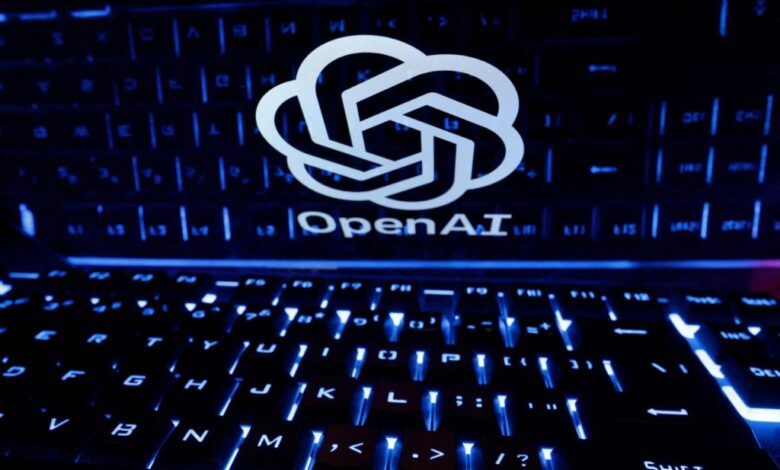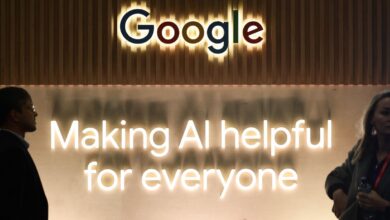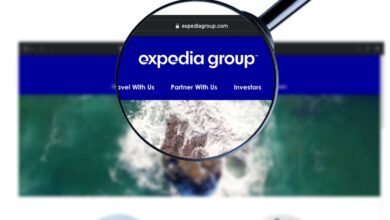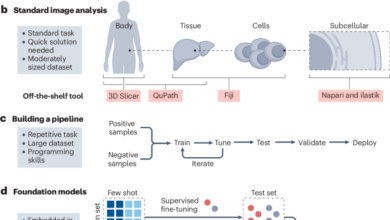Current, former OpenAI employees warn company not doing enough control dangers of AI

Bobby Allyn:
Yes, OpenAI has publishers by the scruff of their neck.
OpenAI systems were trained on the corpus of the entire Internet, and that includes every large broadcaster and newspaper you can think of. And there, as you mentioned, are two camps emerging now. In the one camp are the publishers who say, you know what, let’s strike licensing deals, let’s try to bring some revenue in, let’s play nice with OpenAI, because we have no choice. This is the future. OpenAI is going ruthlessly towards this direction. Let’s try to make some money here.
And then you have newspapers like The New York Times who are in the other camp and have chose the other direction, which is, no, no, no, OpenAI. You took all of our articles without consent, without payment. Now you’re making lots of money off of the knowledge and reporting and original work that goes into, say, a New York Times article. We don’t want to strike a licensing deal with us. In fact, your systems are based on material that was stolen from us, so you owe us a lot of money and we do not want to play nice.
So, the way it’s really going to shake out, I think, is, you know, some publishers are striking these deals. Others will join The New York Times’ crusade to go after OpenAI. But it’s a really, really interesting time, because, no matter what, they have this material, right, Geoff?
I mean, ChatGPT, every time you ask it a question, it is spitting out answers that are based in part on New York Times’ articles, Associated Press articles, NPR articles, you name it. So that’s just the future. So the question is, do you strike a deal or do you take them to court? And we’re just seeing different sort of strategies here.



